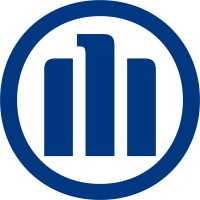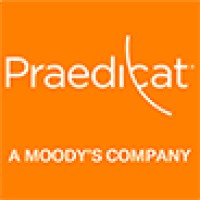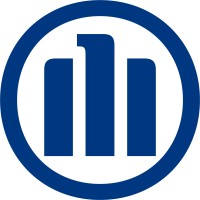AGCS Extends Partnership with Praedicat to Mitigate Product Safety Risks
Allianz Global Corporate & Specialty (AGCS), the Allianz corporate insurance carrier, together with Praedicat, an InsurTech analytics company based in Los Angeles, are expanding their partnership to provide a unique analytic resource to policyholders. Specifically, clients will benefit from access to ChemMeta®, Praedicat’s software solution delivering science and regulatory risk analytics for industrial companies. ChemMeta helps both chemical manufacturers and those who incorporate chemicals downstream minimize their product safety risks. Based on the latest peer-reviewed scientific literature and risk analysis, ChemMeta provides companies customized intelligence on thousands of chemicals and materials to help make better decisions across critical functions, including product stewardship, R&D, enterprise risk management, EHS and regulatory affairs.
“By offering access to ChemMeta with our product liability policies, we help clients maximize the overall safety of their products and production processes, striking the right balance between innovation and risk,” explains Hartmut Mai, Chief Underwriting Officer, AGCS. “Those opting to use ChemMeta will better understand which substances are more likely to cause negative impact on human health and wellbeing or trigger regulatory action in the future, helping them to look around the corner. This is another example of enriching our product offering with strategic risk management services that can prevent or mitigate potential losses.”
“Today’s science is tomorrow’s regulatory action and ChemMeta uses both AI and machine learning to scan, analyze and synthesize data from millions of peer-reviewed scientific journals to identify product risk,” says Robert Reville, CEO of Praedicat. “The early warning provided by mining technical literature at scale allows companies to make proactive product decisions.”
Understanding emerging risks inherent in any manufacturing process is particularly relevant in the chemical, pharmaceutical and food & beverage industries. In the end, it is relevant to any corporation which produces or uses chemicals within their own value chain.
Large companies from the mentioned sectors might employ teams of up to 100 scientists to monitor scientific publications and track relevant findings. However, the scope of their activity is often limited due to manual analysis and, as a result, only a certain number of production elements can be thoroughly investigated. For small and medium companies, resources are even scarcer. At the same time, there is exponential growth of data and information as a result of digitalization. To comprehensively evaluate chemical products or ingredients at a company, a scalable approach is required.
“Take DEHP, one of the most widely used phthalates, a plastics additive. More than 3,500 scientific papers are currently published on DEHP globally – with more than 200 articles having been released this past year alone,” explains Jessica Schuler, VP of Strategic Initiatives at Praedicat. “ChemMeta, when coupled with the expertise of the in-house teams, allows clients to significantly expand the scale of their research activities. As a result, they can track all relevant chemicals in their company’s portfolio throughout the product lifecycle, prioritize critical ingredients and more easily identify substances which can be replaced, if and when needed.”
“One of the exciting developments of InsurTech is the ability to bundle insurance with risk insights at scale,” says Nina Everding, Head of Business Analysis at AGCS Liability. “The Praedicat partnership allows us to bring product stewardship risk insights to our product liability clients. AGCS is committed to bringing the benefits of InsurTech directly to our clients.”
“With this partnership, product liability insurance instead becomes product stewardship insurance,” says Dr. Reville.
AGCS liability insurance policyholders may receive access to ChemMeta for a defined period. After this period, they can opt for their own subscription to the analytics.
AGCS and Praedicat began their partnership in 2014 to better predict key catastrophe liability risks of the future. By combining Praedicat’s forward-looking predictive modelling approach with its own underwriting expertise and extensive liability risk portfolio analysis, AGCS aims to accelerate its risk analytic capabilities to identify next generation catastrophe liability risks far earlier than currently possible. AGCS and Praedicat regularly publish white papers on emerging liability risks; the most recent risk bulletin “The Toxic Trio” investigates the potential impact of hazardous chemicals in personal care products.





